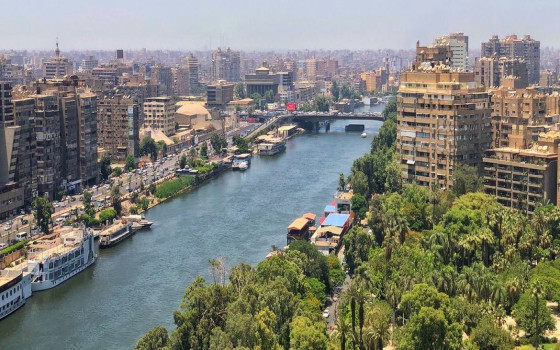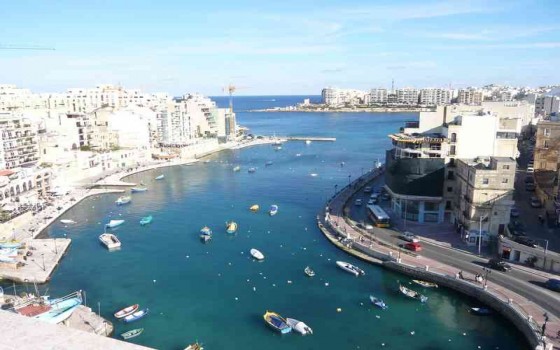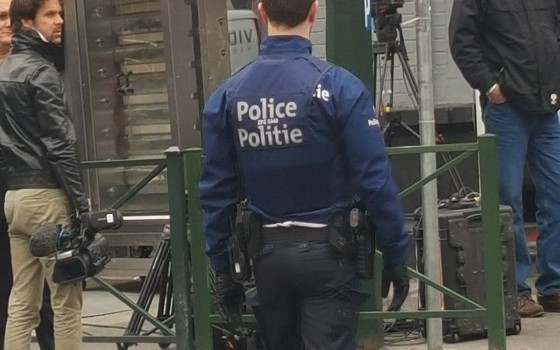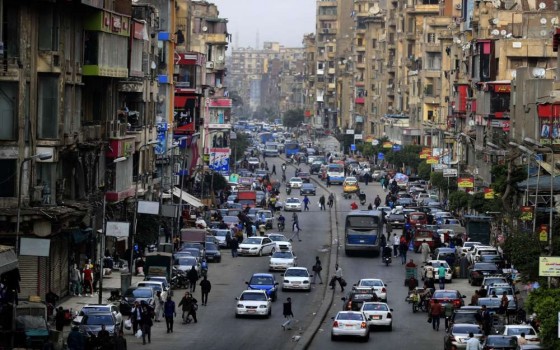
Cairo hosts the World Urban Forum starting today.. In search of solutions to the global housing crisis

- Europe and Arabs
- Monday , 4 November 2024 6:35 AM GMT
Cairo: Europe and the Arabs
With the world's population moving more and more rapidly to cities than ever before, how can we ensure that urban environments are sustainable and safe for their citizens? This question and others will be the focus of discussion at the twelfth edition of the World Urban Forum. According to the United Nations Daily News Bulletin
What is the World Urban Forum?
The World Urban Forum (WUF), a major United Nations conference on sustainable urban development, was established in 2001 to address global urbanization as one of the most pressing issues facing the world today. Since then, the World Forum has been held every two years, and this year it will be held from 4 to 8 November in the Egyptian capital, Cairo.
Since its inception, the Forum has helped UN-Habitat (the United Nations agency for sustainable cities and towns) gather information on cases and trends, build partnerships and alliances to support its work, and find solutions to the global housing crisis and major crises such as climate change, conflict and poverty
Why is it important?
Today, about 50 percent of the world’s population lives in cities, and this figure is expected to rise to 70 percent by 2050. The shift to urban centers has a significant impact on societies, cities, economies, climate change and politics.
Africa will see the largest population growth, with the continent’s population expected to nearly double over the next 30 years. Cairo, along with several African cities, is likely to become one of the world’s largest urban centers, with more than 10 million people by 2035.
“I see the World Urban Forum as a great coalition to support transformational change, with the goal of strengthening cooperation and synergies among those involved in advancing and implementing sustainable urban development,” Annacludia Rossbach, Executive Director of UN-Habitat, told UN News.
What is this year’s theme?
The theme of the World Urban Forum (12WUF) is: “It all starts at home: Local action for sustainable cities and communities.” It stresses that solutions must start where people live, work and build their lives. There will be a focus on local action to address the global housing crisis, which is being exacerbated by climate change and rising inequality.
“By bringing the discussion closer to home and focusing on local action, we aim to translate the global goals into tangible improvements in people’s lives,” says Ms Rossbach. “The World Urban Forum (12WUF) will serve as a platform to discuss and learn from successful local initiatives, ensuring that progress in one city can inspire and guide similar efforts elsewhere.”
Delegates will also learn about the many ways in which planners and urban authorities are making cities more sustainable by, for example, developing green spaces, parks and urban forests, which help mitigate the heat island effect, improve air quality and promote biodiversity.
What’s next?
One of the tangible outcomes of the Cairo conference will be the revitalization of the low-income neighbourhood of Asmarat. The initiative, being implemented in collaboration with the Governor of Cairo, is part of a plan to transform the city into a living showcase for sustainable urbanism.
“This initiative is a testament to our belief that every city, every community and every resident has a role to play in building a better future,” said Rossbach.
For the Director of UN-Habitat, a successful outcome of the World Urban Forum (12WUF) will involve the creation of new partnerships and alliances to advance sustainable urban development, advancing both the UN agency’s New Urban Agenda and the 2030 Agenda for Sustainable Development, both of which propose a vision for a better, more sustainable future for all.
“The agency will also continue to work closely with local authorities and inspiring activists on urban projects that are transforming lives in cities around the world,” she added. “For example, in Kibera, a slum in Nairobi, Kenya, UN-Habitat is working with a grassroots organization to rejuvenate the Ngong River and improve the environment for the local community. In Yangon, Myanmar, the agency is working closely with local groups to introduce large rainwater harvesting tanks, providing safe and affordable water to some of the city’s most vulnerable people. In Bolivia, UN-Habitat supported the country to develop a national plan with clear goals to improve the lives of city dwellers.”












No Comments Found